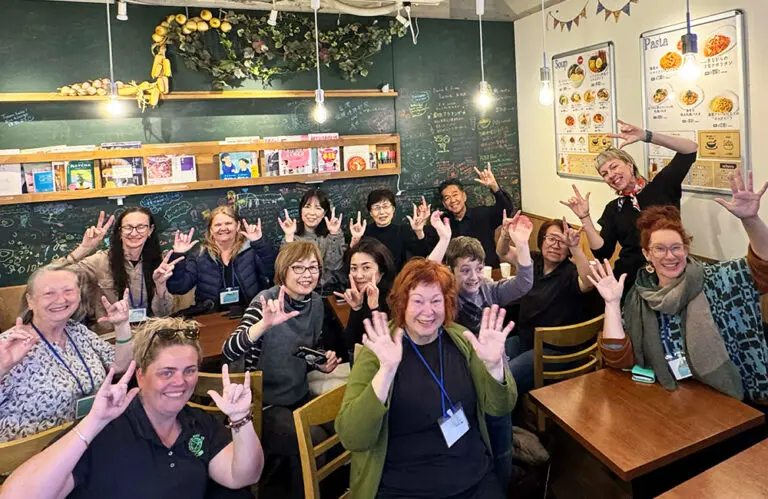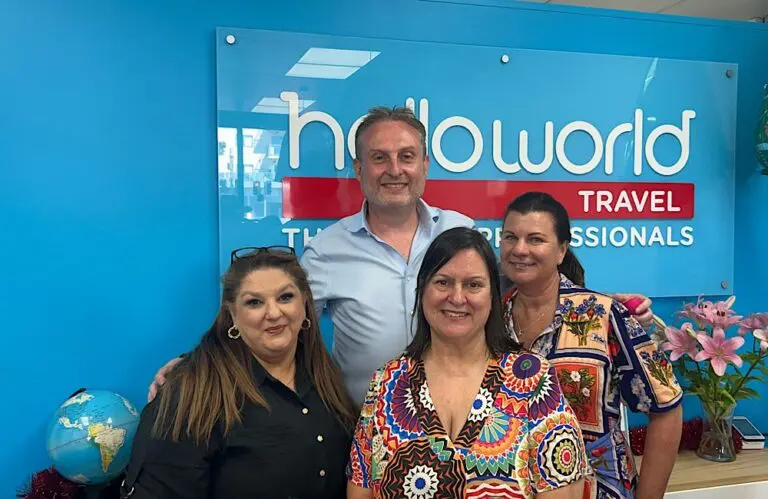New and emerging generations of travellers haven’t just changed the way we research and book travel, but the way we view it.
Lisa Akeroyd, Carlson Wagonlit Travel’s new Managing Director for Australia and New Zealand told KarryOn that as home and work life becomes more synonymous, so too does corporate and leisure travel.
She said companies, particularly those providing travel technology, need to consider the work/life blend to the young, emerging employees.
What are some of the biggest shifts you’ve seen in corporate travel?
Companies are becoming more accepting of their employees blending work and life. They’re especially becoming more accepting of people tacking on a few extra days to their corporate trips so they can take a holiday.
I remember in the industry a few years ago, companies were very strict on their employees when it came to corporate trips.
They would say if you’re flying business class for a corporate trip and then adding leisure days then you had to fly back in economy.
There were strict policies in place.
But now, because people aren’t just working 9-5 anymore and mobile devices are keeping people working at all times – night and weekends – employers are recognising the effort employees put and they’re giving back by allowing them to add a couple of days to corporate trips.
Does that mean they’re also spending more on their employees’ trips?
Travel never sits in the same place.
To me it doesn’t matter who in the company you’re talking to, at the end of the day they want their people to stay safe and they want to control costs.
So while, they are always looking to save, they are now more than ever actually considering the stress of travel on their employees.
Last year, we conducted a study on the stresses people face when travelling for work and why it was a problem.
For example, people with families would stress if they didn’t have WiFi at the hotel because they couldn’t keep in contact with their family.
For women, the biggest concern was lost baggage and for men, it’s delays.
This came in handy because it forced employers to look at things differently – rather than save cost on a hotel that is an hour out of the city, they’re considering whether it is a safe area or if it will cause more stress to the employee etc.
What shifts are you seeing in corporate travel and technology?
This year, we are focusing on innovation, personalisation and digitalisation.
We’re seeing more of a fusion of technology and people.
I think last year the industry lost sight of people for a while, but now they’re starting to incorporate the personal element into their technology.
For example, last year everyone was getting excited about innovation, technology, going online and apps.
But they forgot about the people piece.
This is changing in that companies are now looking at ensuring they’re not only delivering service for them to book and research but also personalised service.
Our CWT To Go™ app now lets corporate travellers research and book hotels, but also see if any of their colleagues have stayed at a property.
This type of technology is already available in their personal life, but we’re now bringing it to their corporate life too.
It’s personalised data.
They can also share their corporate trips with their friends and family as well as use the app for leisure holidays too.
Do you find it’s mostly younger corporate travellers using this type of new technology?
They will adopt the new tech first, but as it becomes used more often you see it being accessed across all generations.
And if there’s someone that doesn’t want to use the app for their leisure trips or don’t want to know which of their friends stayed at a hotel, then they just won’t use that aspect of the app.






